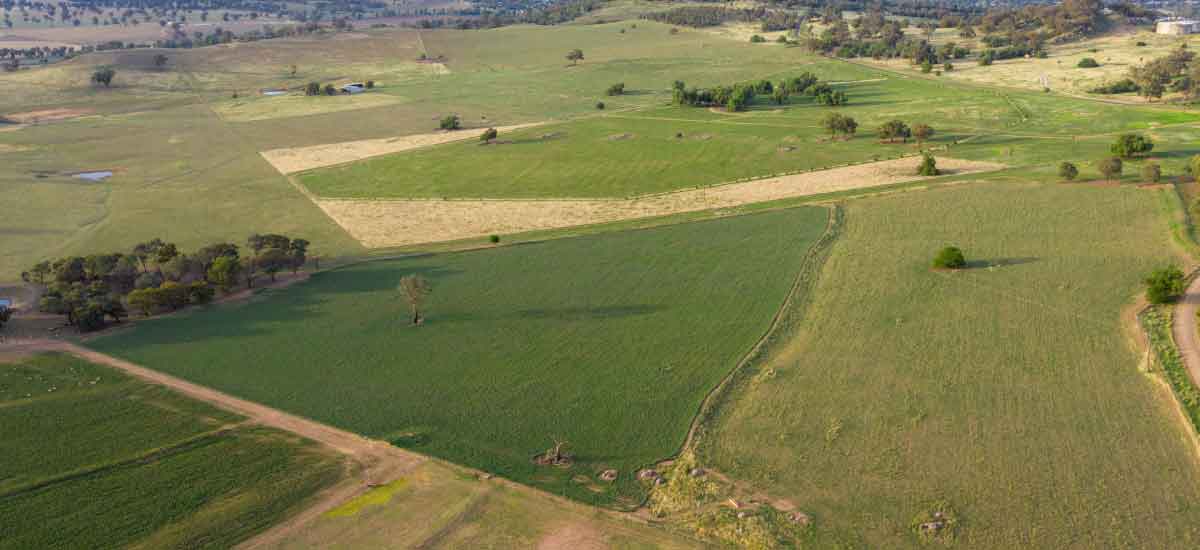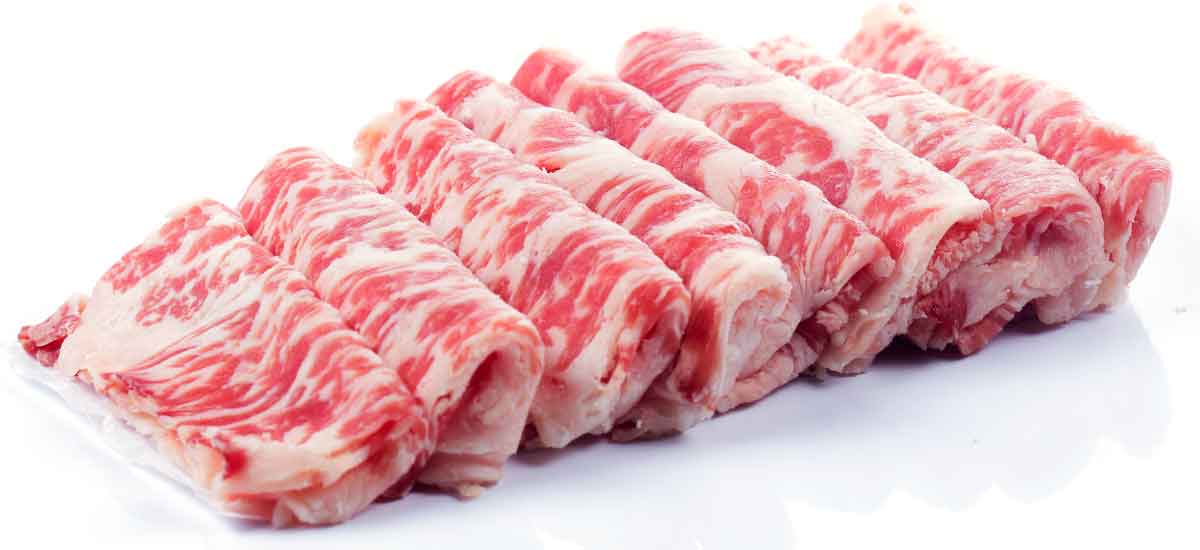
The Rise of the Plant-Based Meat Alternative
The plant-based alternatives industry is growing at a phenomenal rate. Global sales in this industry were only at around $30 million in 2020, but are expected to rise to $162 billion by 2030, to comprise 7.7% of the global protein market.
But what is creating this near exponential growth in popularity?
Well, in Australia, for instance, only 2% of the population consider themselves vegan, and only 5% vegetarian. However, while this number has increased significantly in the last few years, the real difference has been made by the rapidly growing number of meat-reducers and flexitarians.
These people still eat meat but are consciously reducing the amount they regularly consume.

Why it’s becoming popular
The are several reasons more and more consumers are moving toward less meat-heavy diets.
One of the main ones is health. This was especially true during the heights of the pandemic, when people were forced to stay at home and live more sedentary lifestyles, leading to rising rates of obesity.
For many consumers, plant-based alternatives appear to offer a comparable, yet healthier option of their favourite foods. This is only partially true. Many of the additives used to create the desired texture and meat flavour in alternative products are not very healthy. However, an increase in vegetable consumption is a plus for anyone’s diet, and many plant-based alternatives are often healthier than their meat counterparts.
Another major reason for the adoption of these products is sustainability. Consumers are becoming increasingly concerned about their environmental impact. Traditional agriculture, especially at the rate of growth it has seen over the last decade or so, can be harmful to the environment. Its increase has been linked to the creation of greenhouse gases, deforestation and over farming.
Animal cruelty is another reason many cite for moving towards plant-based alternatives. As animal activism and veganism gain popularity, this will only grow further.
Another is the disrupted meat supply chain through the height of the pandemic. As that motivator is reduced, sales of plant-based alternatives may dip slightly.

Constraints
If the growth trajectory of this type of meat-free product is positive, why is it that two of every three Australians surveyed haven’t tried them?
One of the main reasons is taste. Many find the flavour of plant-based alternatives lacking when compared to traditional proteins, or simply not what they expect. Products that try to imitate the taste of traditional meat as closely as possible often fall into this trap. Consumers buying these products expecting to taste the exact same flavour and mouthfeel are often disappointed.
Another reason is nutrition. Animal based proteins are a great source of protein and healthy fat. Plant based alternatives, while often nutritious in their own right, may not provide the same health benefits of meat eaten in moderation.
The third major reason is pricing. Because of the extra labour required to produce these products, and the specialty ingredients often required, plant-based alternatives are often a lot more expensive than their traditional counterparts. Many companies also take advantage of their status as a ‘premium’ product to sell their vegan products at a significantly inflated price.

The role of traditional Meat Processors
Who is fuelling this massive growth in the plant-based industry? Well, a lot of it comes from a teaming field of up-and-coming start-ups across the globe. In fact, this industry is attracting so many innovators it is becoming very competitive.
Big players in the field include American companies like Impossible Foods (who partners with Burger King) and Beyond Meat, who has gone public with a market cap in the billions and has a partnership with McDonalds in the works.
However, the people funding or buying out these successful start-ups are often established players in the traditional meat industry – such as JBS or Tyson’s Foods. Many of these companies have seen how this trend is continually increasing in popularity and are beginning to expand into the industry. Some are just dipping their toes in by buying out small start-up companies, while other big meat processors or supermarket chains are creating their own brand meatless products.

The Future of Meatless Meat
The trajectory of plant-based alternative products seems set to go in only one direction – up. This is partly due to the ever-increasing number of customers who take social and environmental responsibility into account when making purchases.
Furthermore, as the technology around creating these products improves, the premium paid may reduce, removing that as a barrier to entry for many consumers. Improved technology may improve the taste also – another plus for many tentative buyers.
Perhaps the main reason many see sales of meat-free products increasing is demand. Not only is the worlds population continually increasing, but many emerging nations such as China are seeing a greater increase of middle-class consumers willing to pay for more premium foods, like meat.
This overwhelming increase in demand may mean that plant-based alternatives are needed to fill the gap in supply for these products.
While it seems unlikely that traditional animal proteins will stop being an important part of many peoples diet, it is clear meatless alternatives have an important role to play in this industry and are here to stay.
Equipping the food industry to grow with food processing and packaging solutions
call 1300 88 99 51
email [email protected]
room 35 Shirley Way, Epping VIC 3076
room 9 Mcilwraith St, Wetherill Park NSW 2164
room 21 Hoyle Rd, Hope Valley WA 6165
room 27 Beal Street, Meadowbrook QLD 4131
room 7 Chadderton Bvd, Epping VIC 3076
room 22 Glassford Rd, Kewdale WA 6105
room 25 Hayton Road, Wigram, Christchurch 8042, NZ
Connect with us on LinkedIn
